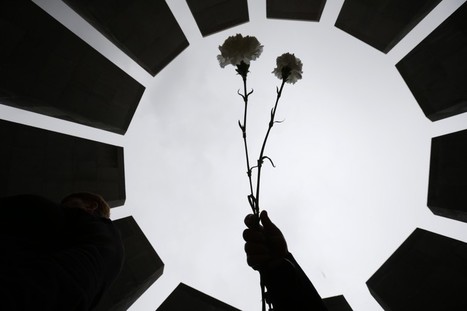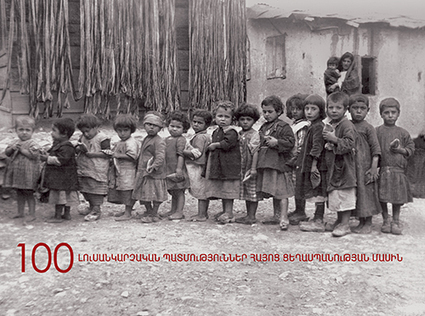"Last week marked the 100th anniversary of the killings of more than a million Armenians during the dying days of the Ottoman Empire. Despite considerable opposition from the Turkish government, the anniversary is bringing renewed attention to an often overlooked historical issue, with President Obama in particular facing criticism for not using the word 'genocide' to describe the killings. The 20th century was bloody and violent, and while some horrors are at least relatively well-known – the Holocaust or the genocides in Rwanda and Cambodia, for example – others have become mere footnotes in history."
Tags: genocide, political, conflict, war, refugees, empire, colonialism, historical.



 Your new post is loading...
Your new post is loading...












units 2,and four :(
I have often thought about this. The Armenian genocide was the first genocide of the 20th century, but was largely forgotten. Very few- VERY FEW- American students learn about it before college or high school. What do we learn about? The only genocide I remember being taught in school was the Holocaust- the Jewish Genocide at the hands of Nazi Germany. But there was also the genocide and apartheid in Rwanda and the Khmer Rouge in Cambodia. My father taught me all about all of these genocides. There is a statue outside Auschwitz concentration camp with the inscription "Never Again". But what have the many organizations done to prevent or reveal such atrocities? I don't see the Shoah foundation standing up for the Armenians now, or the victims of the Cambodian or Rwandan genocides. I believe the inscription on that statue truly means ''Never again.........to the Jews''